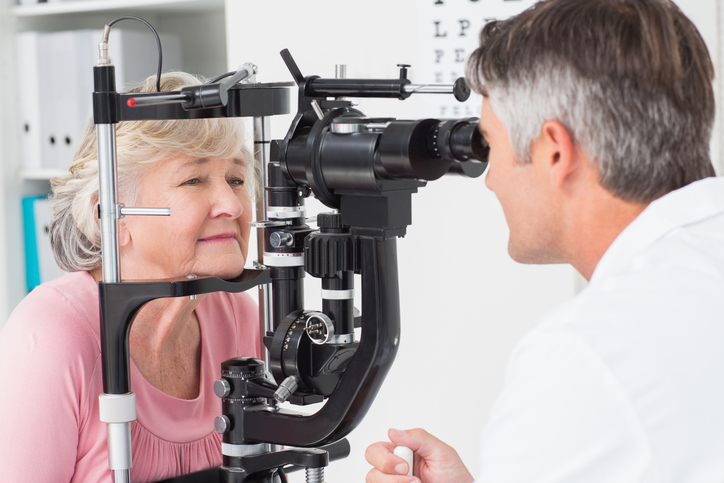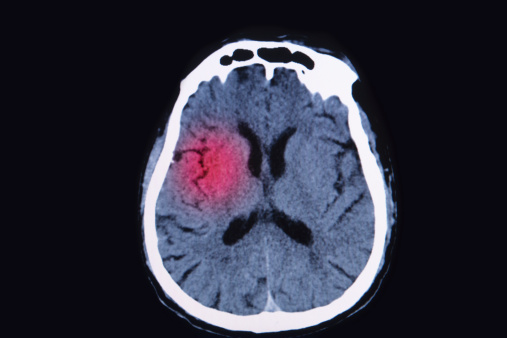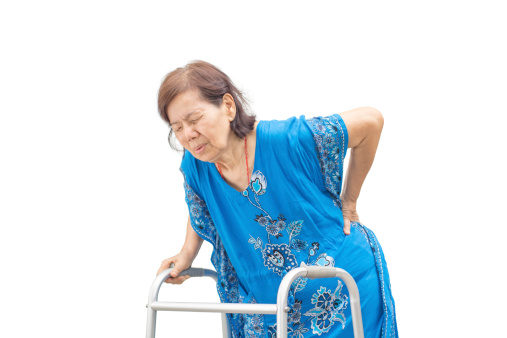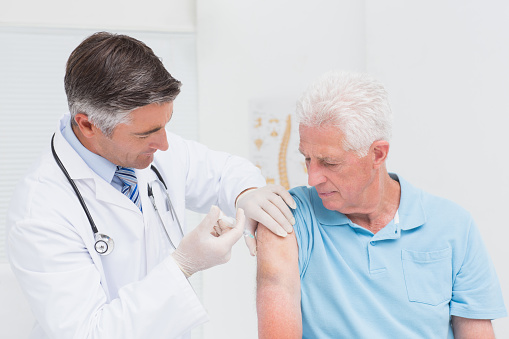Vision loss may increase mortality risk in seniors: Study
Vision loss may increase mortality risk in seniors. Researcher Sharon Christ said, “Participants who experienced visual decline of one letter on an eye chart were expected to have a 16 percent increase in mortality risk during the eight-year study because their vision affected daily activities. These daily activities were not the necessary functioning activities such ...click here to read more














